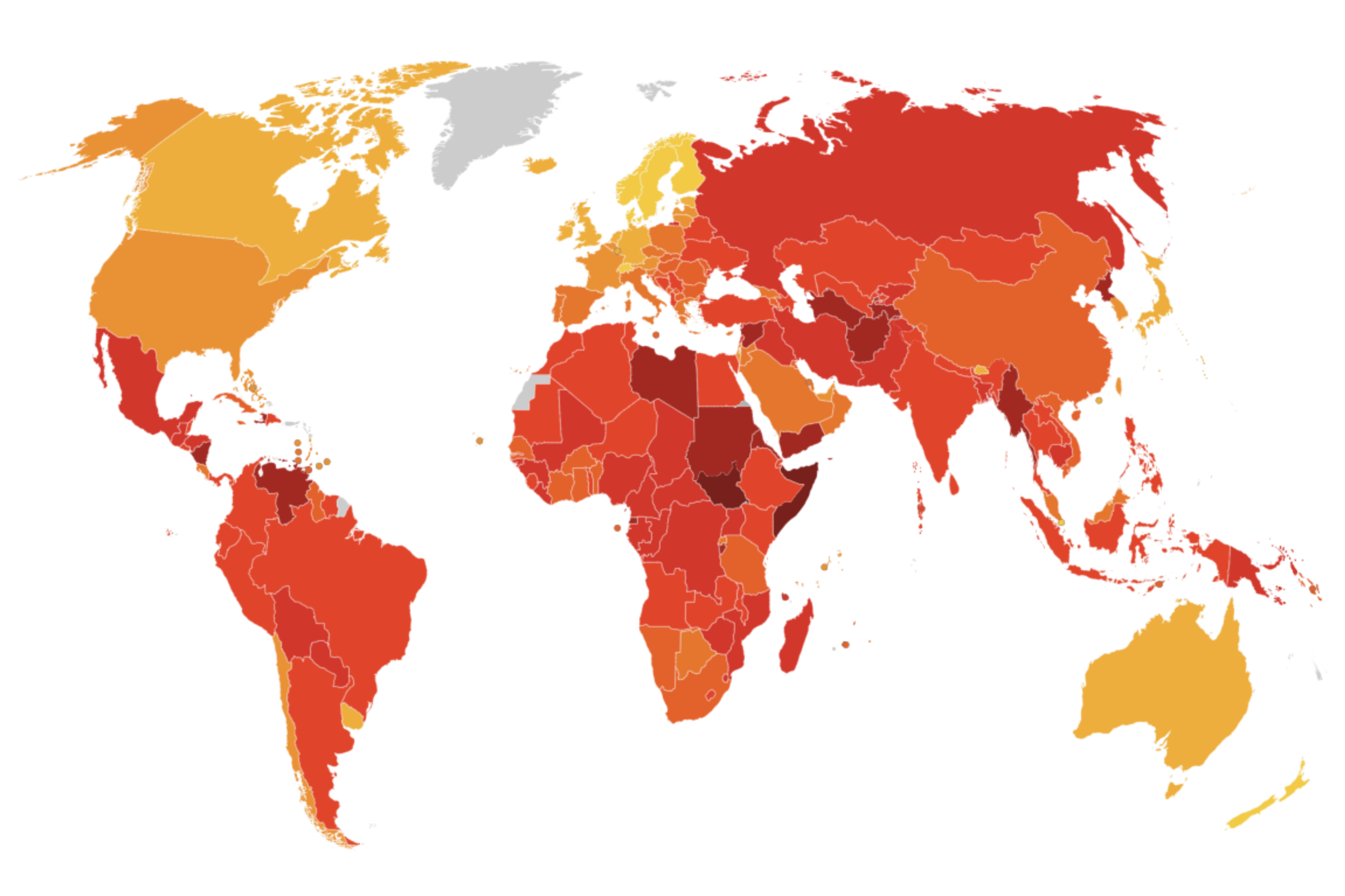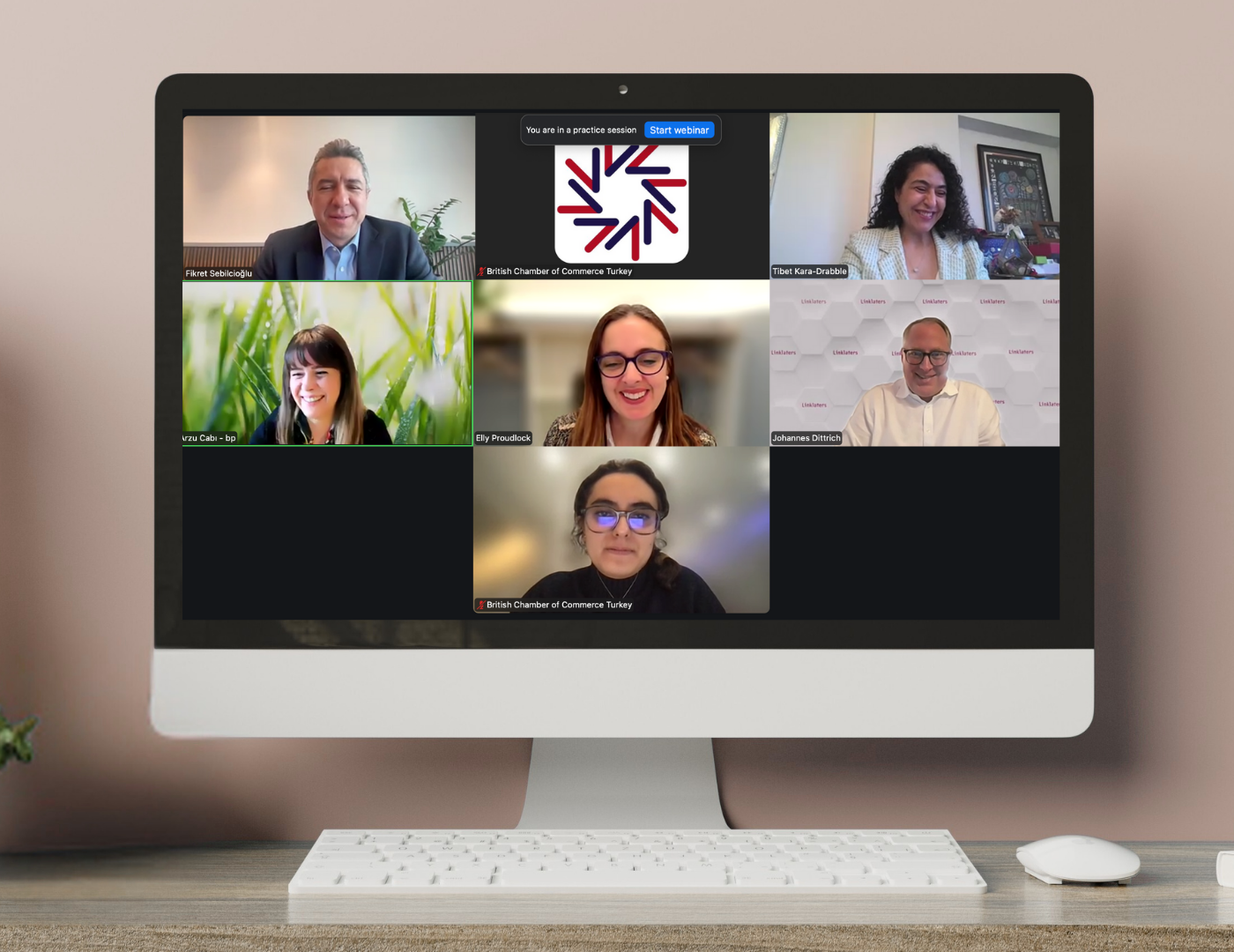
The Dark Side of White-Collar Professionals: White-Collar Crimes
CerebraWhite-collar crimes create invisible fraud risks within organizations, leading to financial and reputational losses. This article outlines how such crimes develop, how fraud risks escalate, and how professional internal investigations safeguard companies against these threats.
One of the most critical yet often overlooked threats companies face today is white-collar crime. Unlike common offenses encountered in everyday life, these crimes occur in places where trust and accountability should be fundamental — in offices, boardrooms, and financial systems. White-collar crimes involve the misuse of power, position, or access to information for personal gain, and they often lead to serious financial, operational, and reputational losses for companies.
The Climate That Sustains White-Collar Crime
In our investigations, we see that white-collar crimes stem from both individual and organizational factors. In companies with complex and multilayered supply chains and increasing digitalization makes irregularities harder to detect.
The common belief of “That could never happen here” blinds organizations to potential risks. The most frequent risk we encounter is weak internal controls. Such circumstances often cause minor violations to evolve into significant frauds.
Employees often face a moral dilemma: “Should I report what I’ve seen, or stay silent?” Few people want to be labeled as a “snitch” or accused of being disloyal. When these dynamics combine, “three wise monkeys” culture – see no evil, hear no evil, speak no evil – takes root — and misconduct can persist for years without detection.
The Hidden Cost of White-Collar Crime
These crimes create costs in many ways. Sometimes financial figures are manipulated to conceal the truth in the financial statements. At other times, bribery and corruption offer short-term gains that ultimately destroy long-term reputation. Fraudulent practices often emerge in procurement: hidden agreements with suppliers, inflated invoices, or favoritism that drains company resources. Misuse of corporate credit cards for personal expenses or unauthorized transfers of company funds into private accounts are also common. Today, a digital dimension has been added to this — manipulations carried out through cyber means and data theft make it easier than ever to conceal traces of crimes.
Case Study: Conflict of Interest
In an investigation conducted by Cerebra, we examined allegations that a purchasing manager — a trusted employee with 12 years at the company — was receiving kickbacks from a supplier. Through interviews and corporate intelligence work, we discovered that the manager had been under serious financial pressure due to rising family expenses and the cost of his children’s education. We also found that he handled most key steps in the procurement process alone, leaving gaps in the approval chain.
Our investigation revealed that the findings indicated that the manager had entered into a secret arrangement with a supplier he had worked with for years. The manager favored this supplier in certain procurement categories, dismissed competing bids on questionable grounds, and approved contract extensions in violation of the company’s authorization procedures. A review of emails and WhatsApp messages showed that the supplier had made payments to the manager’s personal bank account, financed a family vacation, and occasionally sent expensive gifts to his home.
In our review, the company’s processes appeared normal from the outside — deliveries were made on time, and invoices were issued regularly. However, this supplier’s prices were consistently above the market average.
During the final stage of the investigation, the manager admitted in the interview that he believed he deserved the payments and had accepted them to relieve his financial strain.
So, What Can Be Done to Address This Issue?
Combating white-collar crimes cannot rely on procedures and controls alone — it requires a culture built on trust and accountability. Strong internal controls deter fraud and create a perception that fraud will be detected. But when suspicions arise, a swift and professional internal investigation is just as critical as preventive measures. To proactively assess hidden arrangements, bribery risks, or conflicts of interest, it has become essential to thoroughly know your business partners, suppliers, and third parties.
In today’s digital world, where every action leaves a trace, analyzing emails, databases, and devices remains one of the most effective ways to uncover the truth. Still, the strongest line of defense is the employees themselves. When they can safely report what they see — without fear of retaliation — fraud becomes harder to commit and easier to detect early.
Turning Risk into Resilience
It is impossible to completely eliminate white-collar crimes. However, with the right methods, they can be managed, investigated, and deterred. Companies that recognize the threat and invest in proactive measures become far stronger in protecting their assets, reputation, and stakeholders.
At Cerebra, we help organizations build preventive systems, conduct independent investigations, and provide the forensic expertise necessary to safeguard corporate integrity. Because fighting white-collar crime is not only about preventing financial losses — it’s about building trustworthy, resilient, and sustainable organizations for the future.







